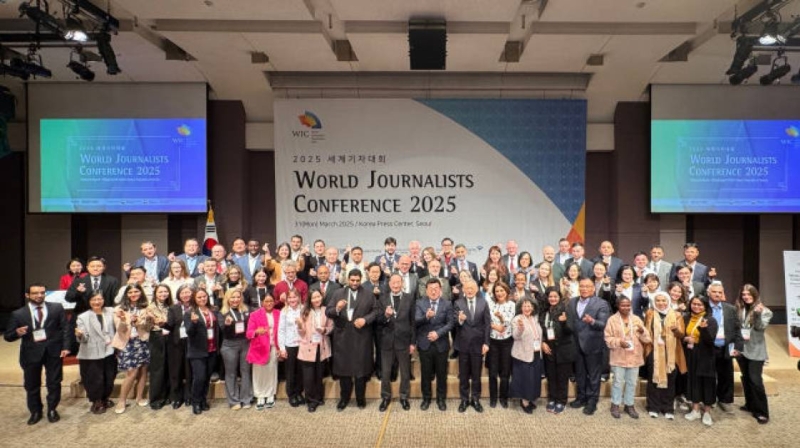WTO set to resume stalled trade talks
WTO set to resume stalled trade talks
Published: 12:00 am Mar 14, 2004
Agence France Presse
Geneva, March 14:
Six months after a World Trade Organisation (WTO) ministerial meeting broke up in disarray in Cancun member states are about to resume global trade liberalisation talks by tackling one of the toughest issues: Agriculture.
With spring beckoning after a long Swiss winter, negotiators claimed ahead of their first formal meeting in Geneva on March 22 that political will had been restored since the global trade talks collapsed in Mexico.
On September 14, wealthy and developing countries at the WTO clashed to a degree that some observers felt they had sounded the death knell for the multilateral trading system set up after World War II. Soon after the negotiations failed, the senior US trade representative, Robert Zoellick, announced that the US would favour bilateral and regional trade deals with individual blocs or countries, instead of the multilateral accords bartered with all the WTO’s 146 members.
“The US has turned back on that attitude,” Fabien Delcros, a spokesman for the EU mission to the WTO in Geneva, pointed out.
Despite fears that US presidential elections would undermine attempts to bridge the divide this year, negotiators said the climate was improving.
Zoellick gave a strong boost to the revival effort at the beginning of the year by sending a letter to his 145 counterparts assuring them that Washington did not want to make 2004 a ‘lost year’ for world trade.
The US official also distanced himself from a joint position concluded with the EU last summer, saying he now backed attempts to fix a deadline for the elimination of subsidies for agricultural exports. That was a key demand of developing countries which had been turned down in Cancun.
Many non-governmental organisations had welcomed the collapse of the Cancun ministerial meeting in Mexico, claiming that developing countries had managed to counter the ambitions of rich nations.
“The failure was probably a necessary evil, which helped rich countries understand that the era when they could make developing countries swallow anything is over,” Celine Charveriat of Oxfam International said.
Charveriat believes that developing countries have a louder voice in the ‘G20’ group they formed last year around India and Brazil, which oppose farm subsidies. “The G20 is resolute and united,” she said.





